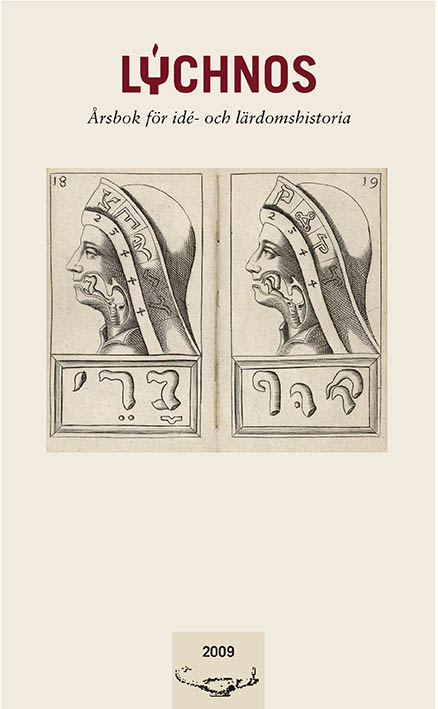Books or universities?
On a topic in German education policy debate around 1800
Abstract
It has often been claimed that German universities were in a state of crisis at the close of the 18th century. Allegedly, professors only taught what could be found in books. Their thinking had hardened into convention and orthodoxy and their teaching had turned into a mechanical and pedantic routine. This description is to some extent accurate. The bored student who slept through lectures was something of a topos in university policy discourse at the time. That said, the question remains why teaching methods in the universities suddenly were thought to be obsolete. The means of instruction had not changed much since the Middle Ages. In most cases, the professor read aloud from his manuscript; students listened, kept quite, and took notes. How does one account for the fact that this method of instruction was commonly considered expendable at the end of the 18th century?
In this article I argue that the crisis in German higher education was triggered partly by the rapid growth of the contemporary book trade. Thanks to the printing press, critics asserted, students could henceforth acquire knowledge by their own efforts, and would no longer have to gather in lecture halls in order to listen to professors, who, each term, read their compendia to new audiences. Some suggested that one should abolish universities altogether. Others instead wanted to improve the methods of instruction so that the universities would once again become indispensable. My focus here is on how this topic was discussed among pedagogues, writers and members of the learned estate up until the founding of the University of Berlin in 1810.
Downloads
Published
Issue
Section
License
This work is licensed under a Creative Commons Attribution 4.0 International License. The copyright for the work published in Lychnos remains with the authors.


